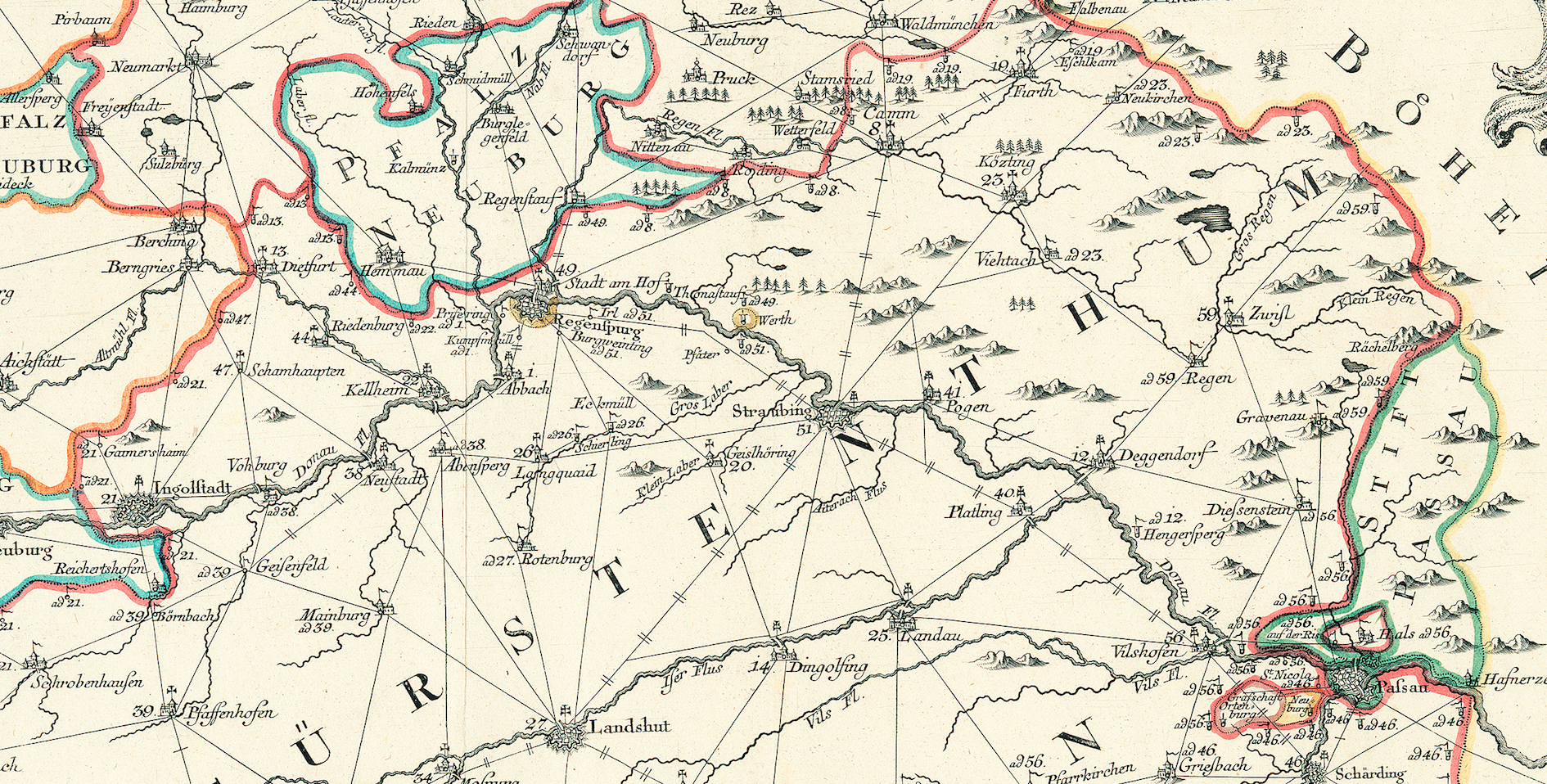Open Positions for Undergraduate Research Assistants
Written on September 25th, 2018 by KM
We are hiring undergraduate research assistants! Applications due via the CESTA RAship application November 1.
Application Deadline and Timeline
Thursday, November 1 by 11:59 PM: Application due Week of November 12 (week 8): Group Interviews at CESTA (applicants are expected to participate in one session, exact times TBA) December 3 - 14: Internship offers and on-boarding communications emailed January 7: Winter-Spring research internships begin
If you are interested in working at CESTA this Winter-Spring, please complete the application form no later the deadline of Thursday, November 1 at 11:59 PM.
RA Description
Early Modern Mobilities
Project Leads: Prof. Paula Findlen (History), Dr. Luca Scholz (CESTA and History), Dr. Katherine McDonough (Stanford University Libraries and History), Rachel Midura (History), and Leo Barletta (History)
During the early modern period (1500-1800), individuals and communities experienced dramatic changes in communication and transportation, establishing practices, institutions, and infrastructures that opened up new political and economic possibilities, and changed the way people understood the world. This multi-year collaboration will support a transregional study of mobility, incorporating multiple languages and national historiographies. Inter-related studies include the following digitally-enhanced components:
Empire in the Backlands: Mapping Territorial Expansion in the Portuguese Empire. The project uses GIS and network analysis to map, measure, and analyze patterns of mobility of colonists and merchants of the expanding territory of Colonial Brazil.
New Maps for the Old Regime. This project utilizes GIS to devise new ways of visualizing Europe’s political orders as regimes of movement structured by corridors, channels, and networks rather than by bounded territory.
Public Works Laboratory: Building a Province in Eighteenth-Century France. A multilayered, digital map of early modern roads in western France and visualizations of the relationship between construction practices and political action.
Reading the Mail: The Culture of the Post in Northern Italy, 1530-1630. A database and accompanying visualizations of published early modern postal itineraries.
Job Description
Undergraduate research interns will work on one or more of the sub-projects listed above, helping to transform the researcher leads’ data into cutting edge visualizations of early modern networks of roads, postal routes, and patterns of correspondence in the early modern period. As such, tasks may include digitizing sources, collecting and cleaning quantitative and qualitative data, geocoding spatial data, and generating maps and other visualizations of historic networks.
Preferred Skills
Some experience working with archival sources, databases, GIS, and software development is preferred. Reading skills in foreign languages could be useful to particular projects (i.e. French, German, Italian, and/or Portuguese), but are not necessarily required.